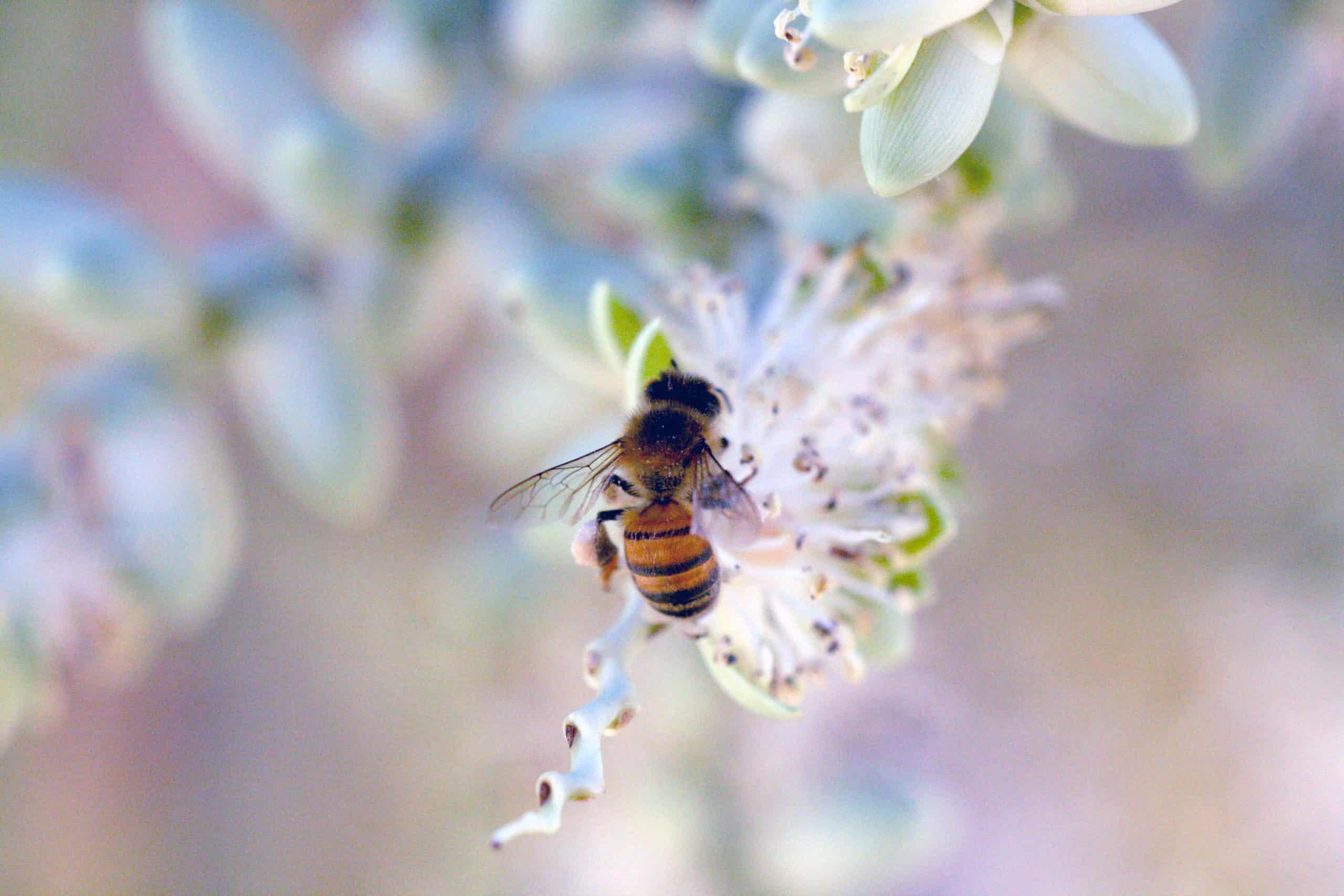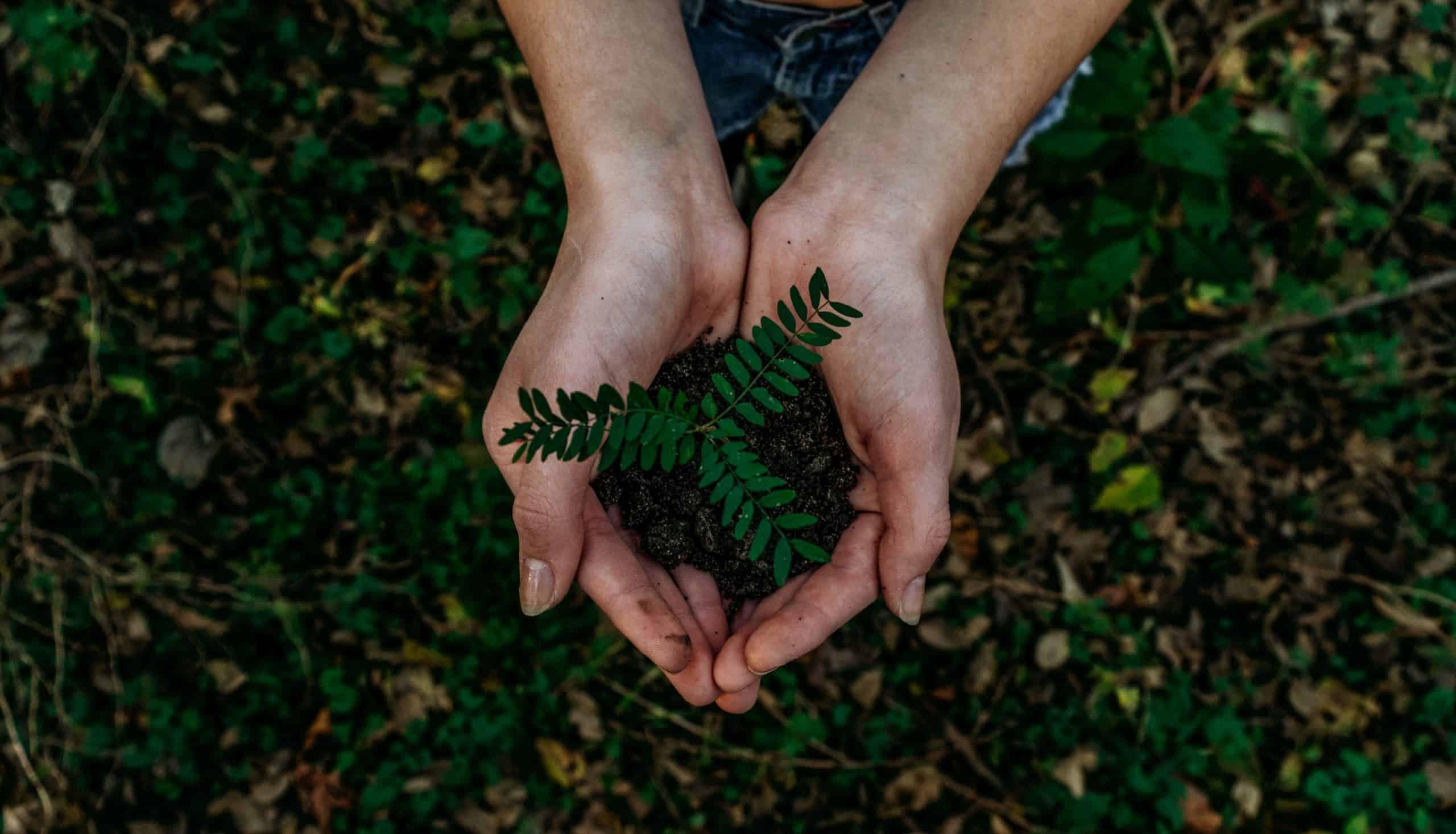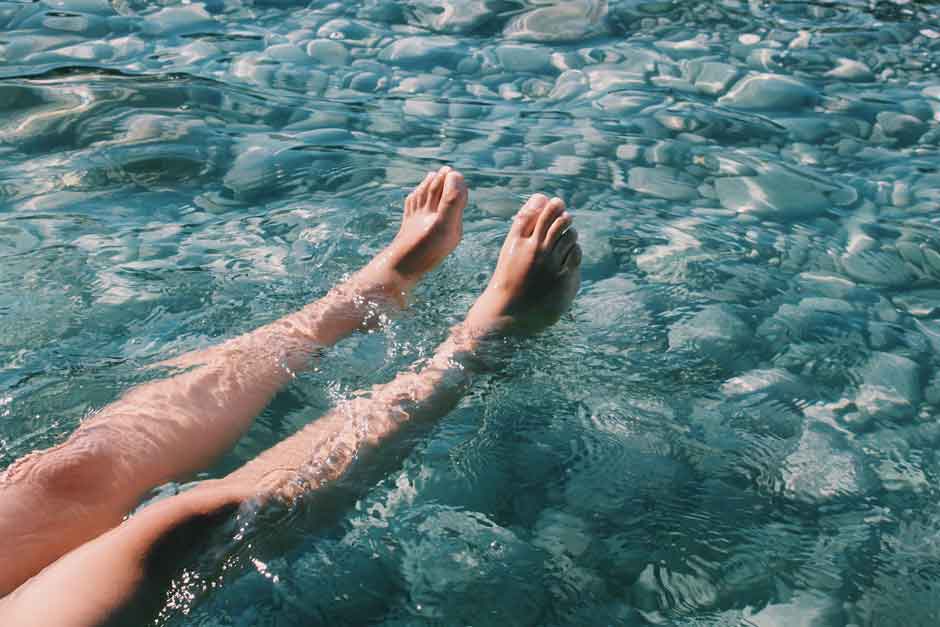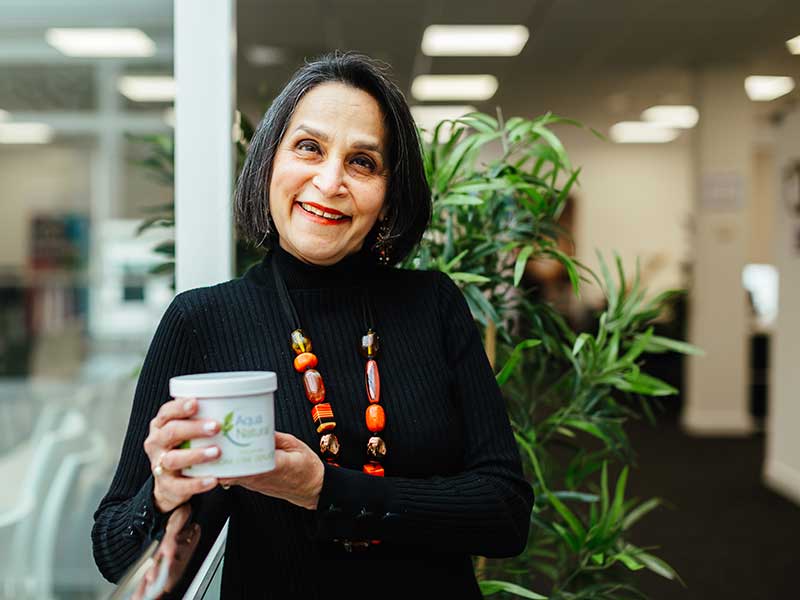In recent years sugaring treatment for hair removal has gained in popularity as professional publications have included ‘sugaring’ alongside other professional hair removal treatments that therapists offer.
One of the most frequently asked questions amongst therapists is, what is the difference between sugaring and strip sugaring?
Sugaring comes in 2 different forms. In both forms the ingredients derive from mixing sugar, water and lemon juice. However, they are manufactured to different consistencies.
Traditional sugaring is formulated to be used WITHOUT strips. The paste is applied by hand against the hair growth and is flicked along the direction of hair growth to pull the hairs out. This requires its own specialised training. The training and product are supplied by trained sugaring practitioners.
Strip sugaring, on the other hand, is formulated for use WITH strips. It can be used as an alternative to a wax-based product as the technique is very similar. The product is applied thinly along the hair growth and removed against it (like a wax). No additional training (other than waxing) is required. But there are some slight variations to skin preparation.
With both treatments, there are advantages and benefits to clients & therapists.
For Clients:
Providing a natural treatment which is gentle and less traumatic to skin. It’s vegan and cruelty-free for those who choose to make lifestyle choices.
For Therapists:
It is economical as the product is completely water-soluble. Helps sustainability as it biodegrades instantly with water.
Its free from chemicals, no cleaning solvents needed saves polluting the environment.
Aqua Natural Strip Sugaring have taken this a step further. We have formulated a product by using a blend of sugar syrups only, eliminating the need for lemon juice/citric acid. This gives it a smooth consistency, for even application and strong efficacy.
Aqua Natural Strip Sugaring is registered with the Vegan Society https://www.vegansociety.com/ and approved by the Leaping Bunny Programme https://www.crueltyfreeinternational.org/LeapingBunny
A quality product without compromise!









